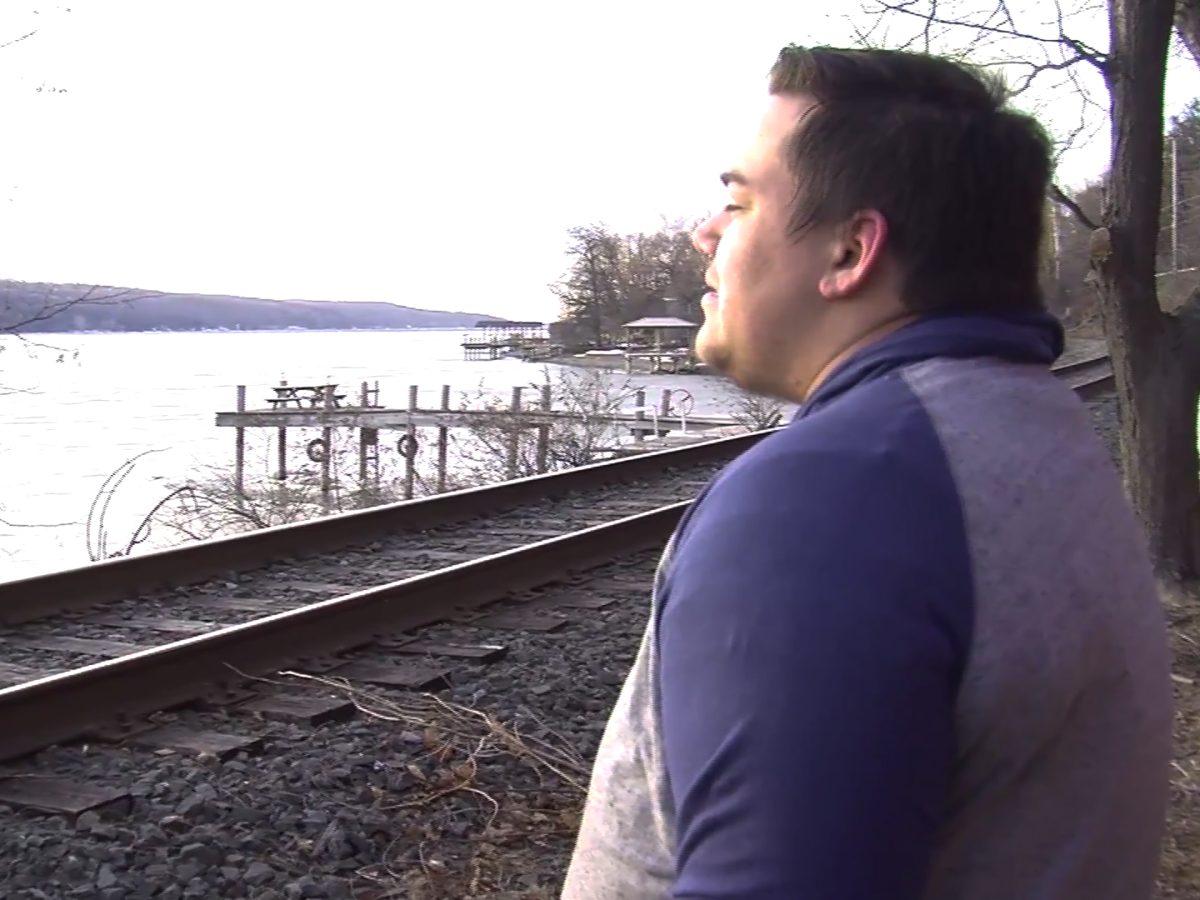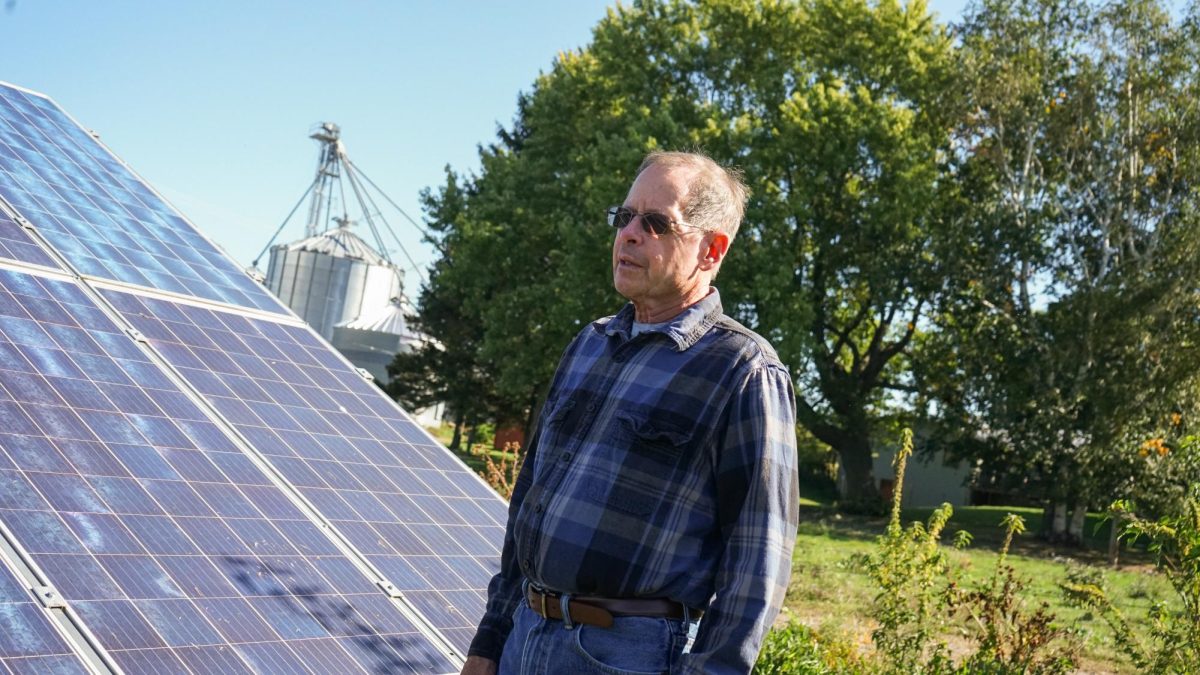“I’ve never experienced that anywhere else,” Marschalk said. “Never.”
While 18 states and the District of Columbia currently have non-discrimination laws on the books that protect transgender individuals, New York is not one of them. But Ithaca and Tompkins County are among 12 localities that have passed a patchwork of local laws to compensate for transgender equality legislation that has died in the state Senate for the better part of a decade.
On March 12, press conferences were held in New York City, Albany, Rochester, Syracuse and Tompkins County in support of a renewed push for the passage of the Gender Expression Non-Discrimination Act (GENDA), which would give transgender individuals equal protection under state law.
“A college student who lives in Suffolk County who has to drive to Buffalo to go to college is going to be passing through Nassau County, which doesn’t have local protections, where he or she could be kicked out of a restaurant, not allowed to use the gender-correct bathroom,” Byrgen Finkleman, who runs the advocacy organization Affirming Transgender Rights, said.
New York’s local laws are “inconsistent, limited and, at times, weaker than the state human rights law,” according to the Williams Institute at UCLA, a national think tank that researches sexual orientation and gender identity law and public policy.
Transgender legislation at the state level would provide legal protection from the harassment Kaleb faced from his teacher and would allow him to use the men’s bathroom. With the help of the LGBT clinic at Cornell Law School, Kaleb—who is now in college— has filed a complaint with the U.S. Department of Education’s Office of Civil Rights, which allowed the school to handle the matter internally, yielding no resolution. Despite Tompkins County’s transgender protections, Kaleb’s case fell through the cracks.
While Marschalk applauded Ithaca and Tompkins County for being at the forefront of gender identity laws, the county-by-county inconsistencies pose problems for transgender people.
“I think it’s great that they want to pass GENDA,” Marschalk said. “But at the same time, I think it’s going to take a while.”
A 2008 poll by the Global Strategy Group found that 78 percent of New Yorkers supported protections against discrimination for transgender people, but that has not translated to state legislation. Between 2007 and 2014, the State Assembly passed GENDA seven times––all but once with bipartisan support. Each time it has stalled in a Senate committee.
New York’s SONDA (Sexual Orientation Non-Discrimination Act) which became law in 2002 prevents discrimination based on sexual orientation but not gender identity.
“The folks who were trying to make decisions about what the bill should include really thought that if they did not include transgender people, the bill had a better chance of passing,” Luca Maurer, LGBT Education, Outreach & Services Program Director at Ithaca College, said.
Maurer, who helped spearhead the local campaign for transgender equality and took part in the SONDA talks, does not believe the bill was ill-intentioned. The trans community was, however, made promises that laws to protect them would be passed next, he said.
“But that’s not what happened, and it’s really sad,” Maurer said.
“We have a lot of work to do,” even in Ithaca, Pat Pryor, a former council member who chairs the county’s volunteer human rights commission, said. Pryor said the transgender community has not seen nearly the amount of progress the rest of the LGBT community has experienced.
“I think we need to be louder,” Marschalk said. “I think we need to demand to be heard.”







